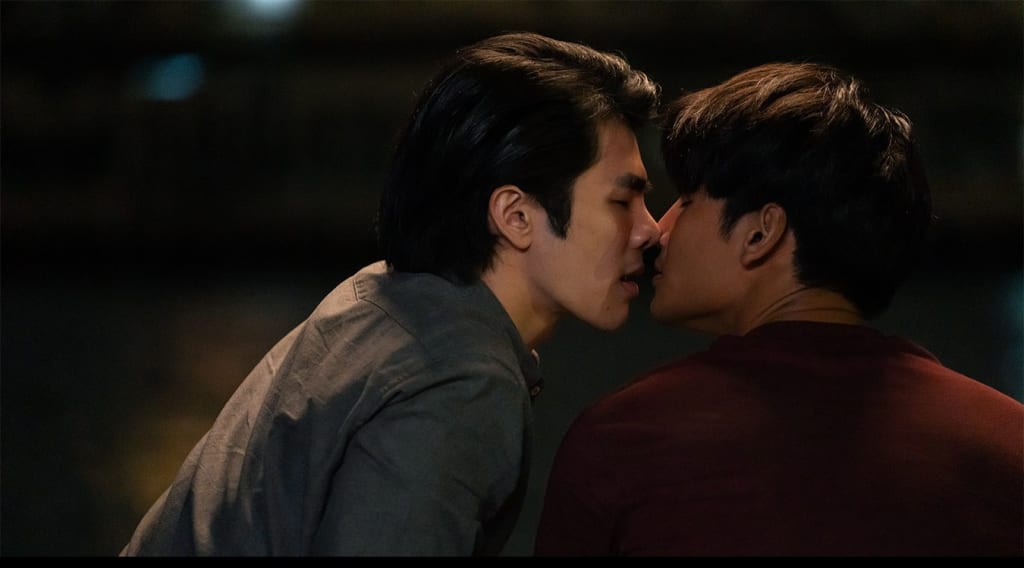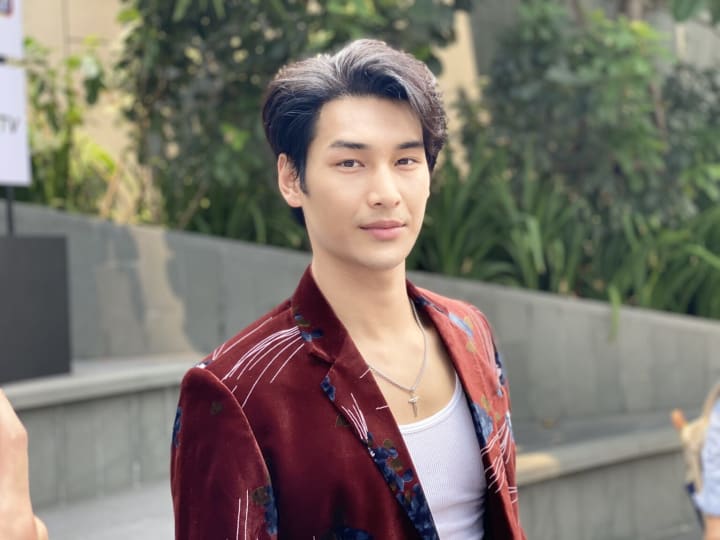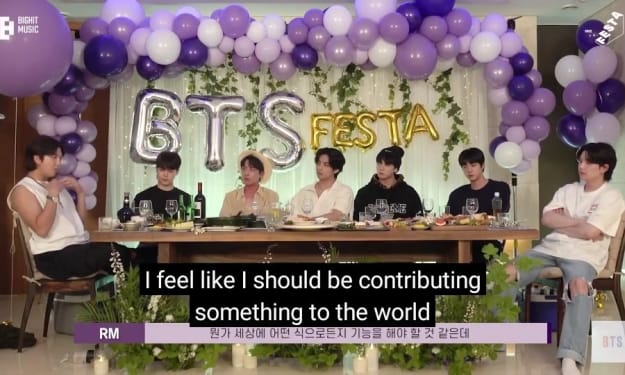
TV shows portraying same-sex couples or gender diversity aren’t so new in this day and age and since streaming platforms emerged many viewers, mostly those under 30, are completely ditching the conservative linear TV programs. Especially in Asia, dramas about handsome man falling in love with each other are extremely popular.
The Thai series KinnPorsche, that started airing on April 3th is all the rage right now and has gathered millions of views from fans worldwide. It has an almost exclusively male cast and tells the story of two mafia clans, the major and the minor family, competing for the upper hand in their businesses. The main couple of the series are Kinn, who is the second son of the major family, and his bodyguard Porsche.
The series is based on a novel written by Daemi and has been adapted with a high-quality production and actors who went through 1.5 years of intense training to perfectly portray their characters and show off action-packed scenes. With such high standards and a huge following on social media there is also hope that the acceptance of different sexual orientations and breaking gender norms becomes more than just a fleeting trend but more of a movement.

Thai actor Apo Nattawin who plays the role of Porsche, one of the two main characters in the series KinnPorsche, has opened up about his past struggles to pursue his acting career due to gender norms and people questioning his sexual orientation. This is an excerpt of an interview with the cast and production team of KinnPorsche held by ‘Drama Arts Chula’:
Production companies always asked me ‘Are you gay?’
There was always this thought in my head ‘Did I do something wrong?’
I was young and didn’t understand back than.
I tried to act more masculine / in a manly way to hide it.
I was even told ‘Don’t act like that, people will think that your are feminine/girly.’
He thanked the screenwriter & director Pond Krisda and the production company ‘Be On Cloud’ saying:
He told me ‘You can be whoever you want to be. Being gay or not is not a problem for us. The Problem is whether you are happy being you.’
Most importantly he added:
But now society has changed. The media reaches everywhere and people can percieve the diversity of others. You will never know what they are like in bed or what their sexual preference is. One day it can be one thing and the next day it can be something else. So, I don’t think we need to ask if anyone is gay or what their sexual preference is. It shoudn’t be anyones business.
What he’s saying is that whether he is gay or not shoudn’t define him as a person. He was criticized for not exhibiting the behavoir that society is expecting from a man. Man who don’t look or act according to their imposed gender roles are seen as unmanly. This phenomenon can be described with the term ‘toxic masculinity’. It was first established in the 80s to 90s and has recently gained more attention through pop culture and social media as more stars like Harry Styles or Timothée Chalametare are challenging societies expectations of masculinity.
It’s still a long way for sexual diversity to be accepted, especially in a global context. A sad example of the lack of progress in some countries is Japan, one of the seven major industrialized nations, holding onto the same-sex marriage ban that was declared constitutional by a japanese court on June 20th. Only same-sex partnerships are accepted, which means they have legal limits their rights.
This is happening in a country where ‘Yaoi’ or ‘Boys Love’ in short ‘BL’ is a whole industry with products such as manga (japanese comics), novels, TV shows, adult videos (Japanese AV) and merchandise. The same is true for ‘Yuri’, a term used to describe a romantic relationship between women. The target audience of BL is predominantly female and caters to their fantasies while leaving behind traditional patriarchal gender roles associated with opposite-sex relationships.
While same-sex or gender diversity is accepted in fictional media, the same unfortunately doesn’t apply to real people in our society who aren’t heterosexual or non-binary persons who don’t identify as female or male.
The ultimate goal would be to break free from categorising peoples sexuality while making it a part of human rights and normalizing free expression without forcing anyone to identify. This is important because sexual preferences shouldn’t be used as a tool to limit people’s freedom, choices or opportunities in life when it comes to choosing a life partner, the right to get married, pursue a career or to be an equal part of society.
Written by AoiKasumi
Social Links
YouTube: https://www.youtube.com/c/AoiKasumi
Instagram: https://instagram.com/_aoikasumi_
Support me
Ko-fi: https://ko-fi.com/aoikasumi
Buy me a coffee: https://buymeacoffee.com/aoikasumi
PayPal: https://paypal.me/mimitarococo
About the Creator
AoiKasumi
I’m a graphic designer & youtuber. I write about asian pop culture, art and design, personal thoughts and financial freedom. Follow me on https://medium.com/@aoikasumi






Comments
There are no comments for this story
Be the first to respond and start the conversation.